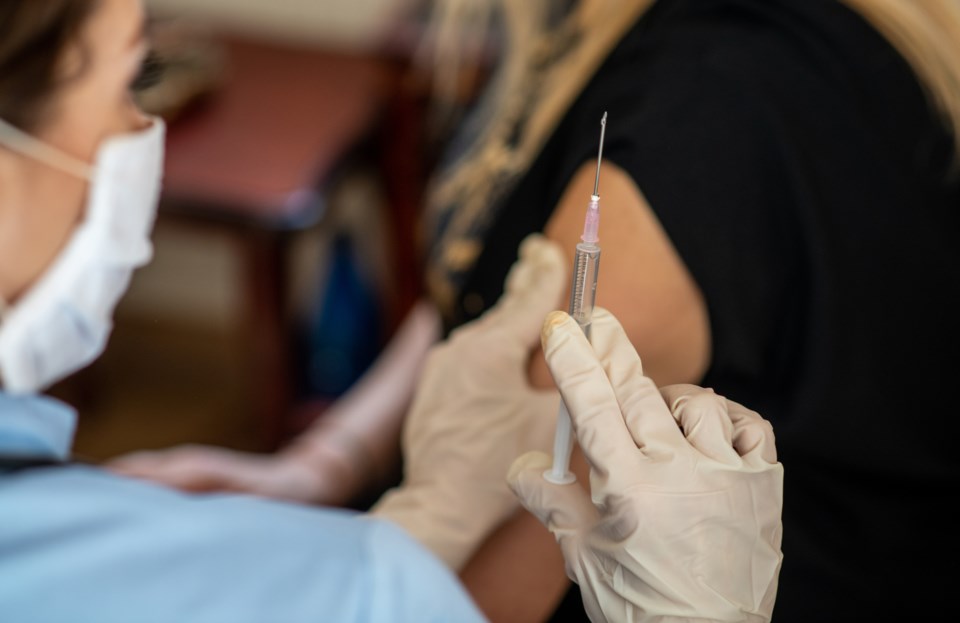A B.C. Supreme Court judge has limited a separated parent’s time with her child because she and her new partner are not vaccinated against COVID-19.
Glacier Media has chosen to anonymize the names of all parties involved to protect the identity of the child.
M.M. wanted to restrict C.S.'s time with the child, S.M., due to the fact that C.S. and her partner are unvaccinated, B.C. Supreme Court Justice Ward Branch said in a Feb. 7 decision released March 4.
The judge agreed with M.M.
“I find that the claimant and her partner’s unvaccinated status does place S.M. at an increased risk of illness,” Branch said. “The fact that S.M. has previously contracted COVID-19 does not immunize S.M. from this risk."
The pair began living together on Jan. 1, 2014, and separated on July 6, 2019, according to M.M., and Feb. 15, 2020, according to C.S.
M.M. gave birth to their child on April 18, 2015.
After separating, the parties entered into an oral agreement with respect to shared parenting time, according to court documents. The child was living with M.M. in the former family home.
The judge said the parents were able to co-parent non-contentiously until around August 2020, at which time communication about COVID-19 issues created substantial difficulties between them.
Branch said the conflict is the result of the fact that C.S. has expressed reservations about the wisdom of, and risks associated with, COVID-19 vaccinations.
“The claimant puts forward a tortured explanation for why she is not already vaccinated,” Branch said.
C.S. said she has “ongoing, and yet to be resolved, medical issues that put her at higher risk of developing autoimmune and neurologic issues,” according to the decision, which also notes C.S. is awaiting a shingles vaccine.
“The claimant offers no opinion supporting the view that she is more susceptible to potential adverse reactions from vaccinations,” Branch said. “Her evidence of supposed side-effects simply included media reports, which are obviously inadmissible for this purpose.”
Branch referred to some of C.S.’s submissions as having “potholes in both the logic and the evidentiary subgrade.”
The judge said it now appears C.S. is prepared to get vaccinated but her new partner is not. M.M. argued restrictions on C.S.'s parenting time were warranted.
“To protect S.M.’s physical, psychological, and emotional safety and well-being to the greatest extent possible, it is appropriate to alter the existing parenting arrangement to reduce the overnight visits, and impose conditions on the claimant's parenting time,” Branch said.
“The claimant and her partner have simply not offered any compelling justification for their current unvaccinated status. As such, based on the record before me, they are putting S.M. at an increased risk unnecessarily,” he said.
The judge added, “I am hopeful that the claimant and her partner will now pursue vaccination."
Branch said the order would cease to operate on the date C.S. and her partner have each received at least two COVID-19 vaccines.



